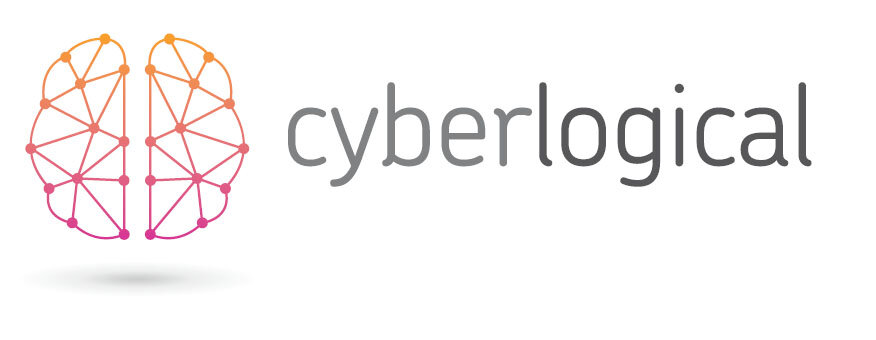5 ways your Google Grant could be working harder for your organisation
Could Your Google Grant be Working Harder for Your Charity?
For many charities and not-for-profit organisations, applying for a Google AdWords Grant can be a powerful way to increase visibility and improve fundraising opportunities. However, many struggle to maximise the potential of the grant. Based on our experience, we’ve set out some of the common reasons why charities might not be maximising the potential of their grant.
1. Fully utilising your budget
The Google Grant provides a significant daily advertising budget, but many charities miss out on the full amount. Many don’t realise the unused budget does not roll over to the next day, so it's essential to optimise your spend daily. Needless to say, reaching the daily limit each day will maximise your reach and impact. This could involve creating more diverse ad sets, experimenting with different campaign types, or expanding your targeting to new audiences.
2. Adopting a conversion-based strategy rather than a click-based strategy
While achieving a high click-through rate is important (and Google demands 5% or more for Google Grant ads), it's conversions that truly measure the success of your campaign. Shifting focus from clicks to conversions means aligning your Google Ads strategy with specific actions you want users to take – whether it’s making donations, signing up for newsletters, or registering for events.
Crucially Google only allows you to exceed the standard $2 per click budget limit for Grant ads if you have conversion tracking in place.
3. Avoid competing against paid campaigns where possible
In the realm of Google Ads, your Not-for-profit's ads are often competing with those of for-profit businesses that are placed above Google Grant ads by default. It's crucial to find a balance where your ads remain visible without directly competing with companies with large budgets and priority positioning. One key way of doing this is by targeting keywords which aren’t regularly used by commercial advertisers. Niche campaign topics and campaigns about volunteering or donating are unlikely to face heavy competition from commercial advertisers.
4. Fully optimising ads with enhanced features
Optimising your ads is more than just tweaking the text. Google Ads offers a range of features like sitelinks, images, and the use of multiple headlines to enhance your ads. Sitelinks can direct users to specific pages on your site, providing a direct pathway to important content or calls to action. Adding images makes your ads more visually appealing and engaging. Utilising the maximum number of headlines available allows you to present varied and compelling messages. These enhancements can significantly increase your ad’s visibility and effectiveness.
5. Broaden your horizons
For a paid for Google Ads campaign the use of broad keywords can drain your budget quickly, with little to show for it. Keeping budgets as low as possible is one of your primary aims. Somewhat counterintuitively (especially if you have come from a commercial background), Google Grant management, in the initial stages at least is all about finding ways to spend more money. Broad term keywords are one great way of doing this. It doesn’t really matter if you get clicks from people who don’t convert, at the very least this builds awareness of your organisation. Once you’re reaching your full budget potential then there will be a time to refine your campaigns and cut out some of the non converting
Your Google Grant has the potential to be a powerful asset for your charity. By fully utilising your daily budget, focusing on conversions, avoiding direct competition with large advertisers, optimising your ads with all available features, and targeting niche keywords, you can significantly enhance the effectiveness of your campaigns.
These strategies do require time to implement but will increase your presence for your charity on Google over time and ultimately driving more support and awareness for your cause.
If you’re struggling to find the time, or don’t have the in-house expertise to manage your Google Grant campaign, get in touch today to find out how we can help


